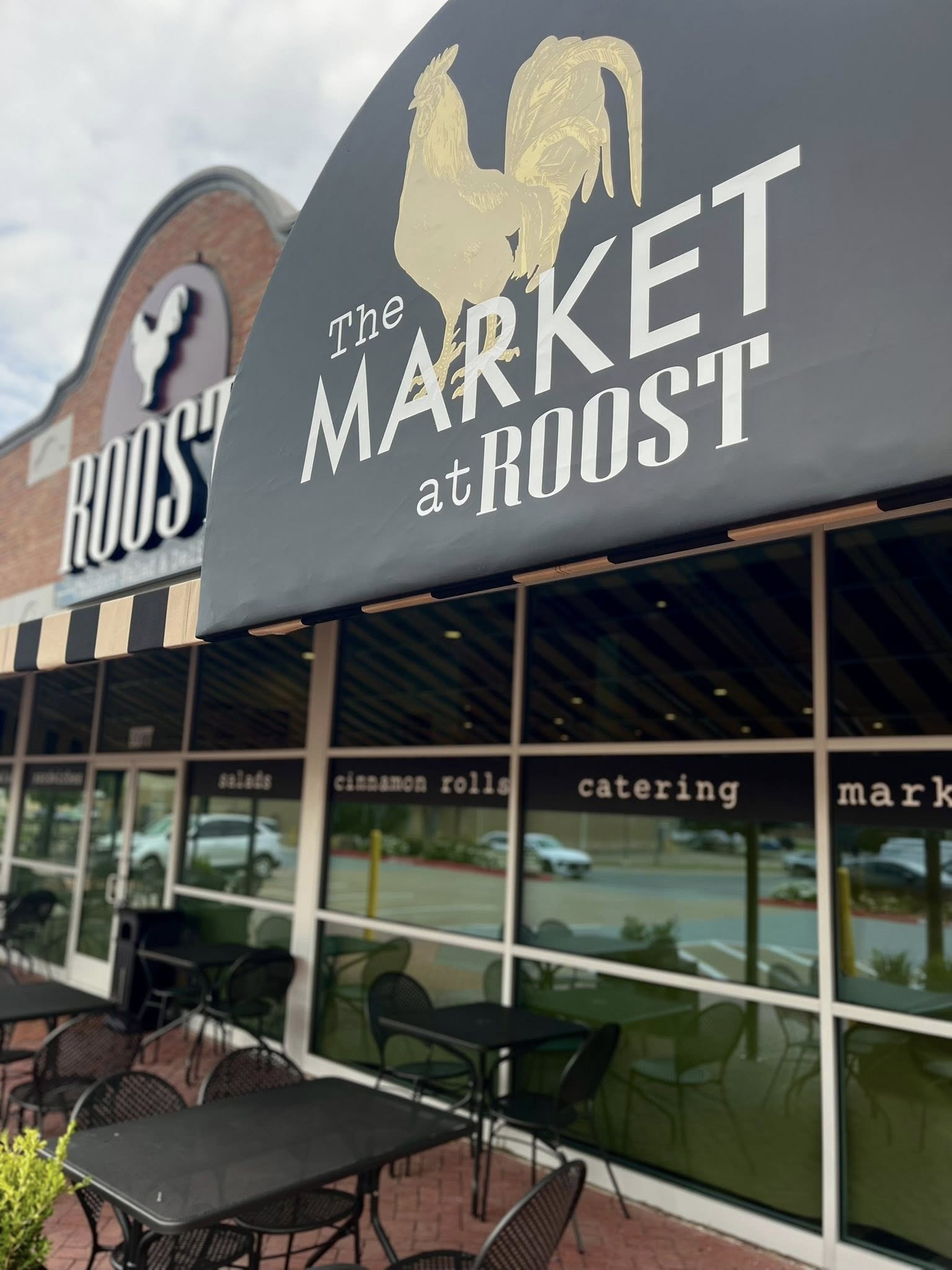Guzzardi: More robots — fewer work visas
Published 6:00 am Saturday, July 29, 2023

- Joe Guzzardi
Good news for the agricultural industry. Robotics have become more affordable, smarter and easier to operate. Soft fruits like strawberries can be picked mechanically now.
Florida-based Harvest CROO has developed technology that can pick ripe strawberries without damaging the delicate fruit. A primary goal of the company is to help reduce U.S. obesity by keeping the supply of “super foods” like strawberries readily available and reasonably priced. A related benefit is that growers who opt for Harvest CROO’s technology won’t have to worry about labor shortages and will no longer have to rely on tedious back-breaking stoop labor.
Trending
In California’s Salinas Valley, Taylor Farms manager David Offerdahl demonstrated his Automatic Romaine Lettuce Harvester to CBS News. The harvester uses a high-pressure water stream to cut five heads of lettuce at a time. Workers then pack the lettuce into boxes while standing under a shaded canopy, thus ending stoop labor. Offerdahl said that the robot can harvest twice the lettuce in half the time. As well, for every two low-paying jobs mechanization eliminates, one higher paying job is created.
The term to describe the increasingly popular transition to robotics is “precision agriculture,” which means applying new technology to increase crop production while reducing waste.
Despite the obvious advantages robotics presents, Congress remains stuck in the technological dark ages and heeds the industry’s annual laments about worker shortages. Harvest CROO and the Automatic Romaine Lettuce Harvester have proven that technology is a better way to go than temporary employment visas.
Nevertheless, in early July, Congress did what it does most effectively and most consistently — rejected 21st century solutions and, at the same time, undermined American workers by approving unnecessary work visas. After markups and hearings, the Republican-led House Appropriations Committee approved a $91.5 billion Department of Homeland Security spending bill.
Tucked away in the DHS legislation are provisions that would greatly expand the H-2A visa for agriculture workers, which allows employers to hire foreign-born laborers, and the H-2B visa for non-ag workers. Originally, the agricultural employment-based visas were temporary in nature; the employee had to return home when the season ended. But the language describing the H-2A that permitted the worker to remain for up to three years will be rewritten, and the jobs will no longer be classified as seasonal. The worker will be available for continuing and perhaps continuous employment.
The H-2B visa program allows U.S. employers to import about 66,000 foreign workers for seasonal nonagricultural jobs in industries such as construction, landscaping, hospitality and food services. These industries are chronic complainers that a labor shortage puts their companies at bankruptcy risk.
Trending
Big ag has gotten away with relying on cheap labor for decades. Instead of encouraging continuous dependence on low-cost imported labor by providing more H-2A and H-2B visas, Congress should demand that employers invest in proven robotic harvesters that can work 18 hours a day, never call in sick and, within a short time, pay for themselves.
Given the H-2A’s past track record that includes criminal wrongdoing, Congress should use its power to demand that farmers, within a reasonable time period, mechanize. Out with slave labor and in with efficient, humane and modern farming practices.






